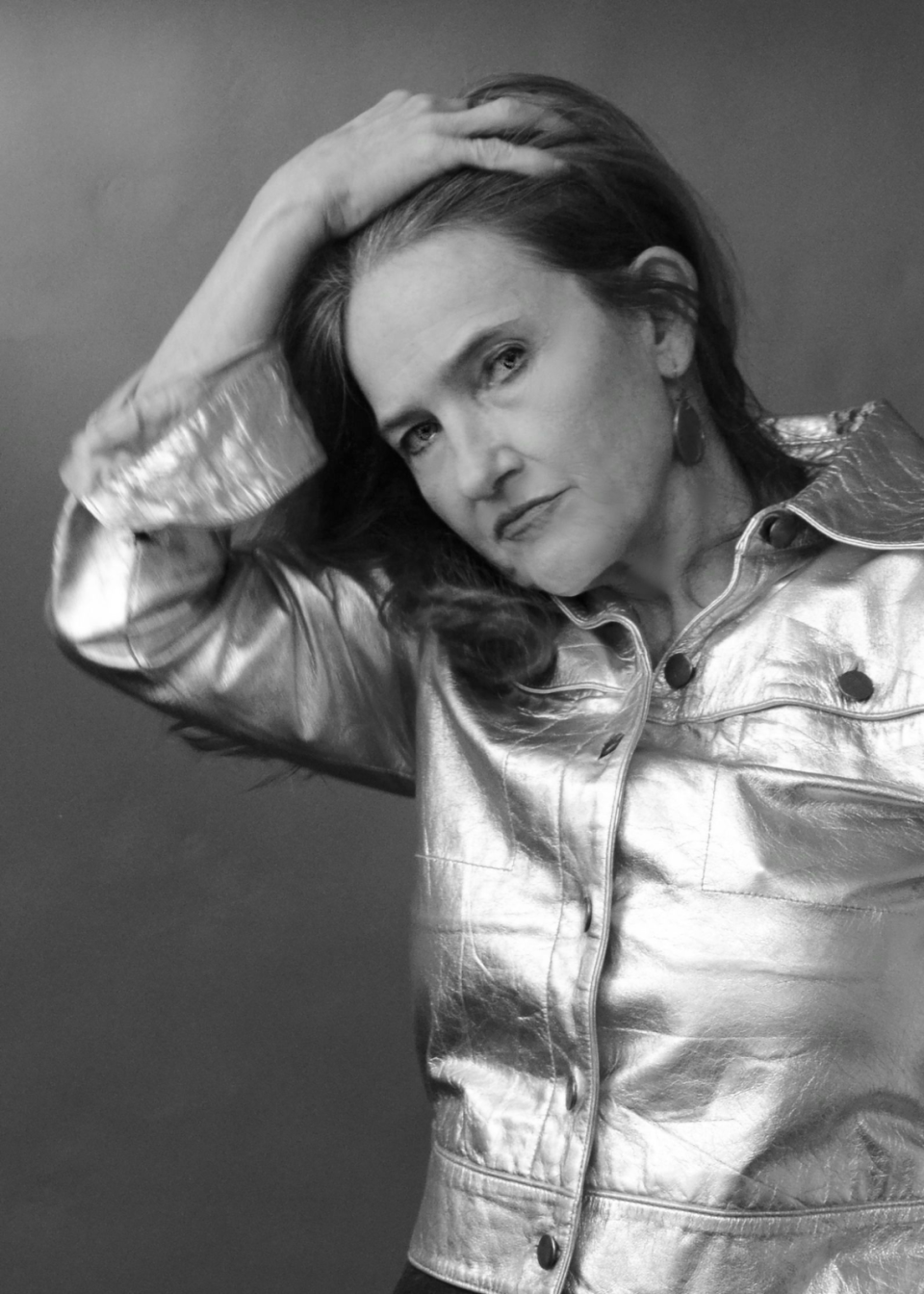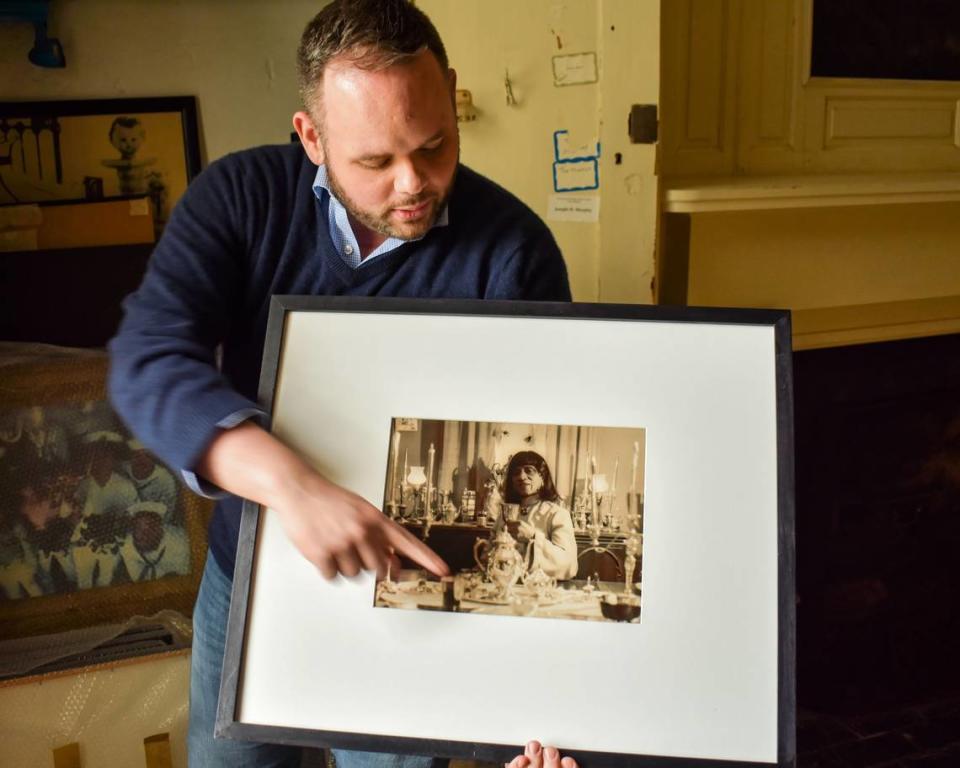‘It was home.’ Celebration, oral histories to remember Lexington’s first lesbian bar.
Julie Smoak pretty much always knew she was gay, a fact she was comfortable with, but one with which her parents in 1978 Lexington were decidedly not.
“I had been outed within my family and there was a lot of fallout because of that,” Smoak said in a recent interview. “There was a lot of making me feel like something was wrong with me even though I knew there wasn’t. I never bought into that at all. But it didn’t stop a lot of repercussions.”
So when she found out about a new bar called The Country, an unmarked, unheralded space for women in a strip mall off Lane Allen Road, she headed right over.
“It was home,” she said. “It literally was home. I’m pretty sure I was there on opening night in the fall of 78, and I basically went there off and on until it closed.”
In those five short years, The Country became Lexington’s first lesbian bar, a place where it was safe to dance, to drink, to meet women and be yourself in a society that mostly jeered, attacked or ignored. You could play pool or foosball, but most activity took place on the dance floor, where the music ranged with disco or Michael Jackson.
“It was the only safe place to go, it was the only place just for women, it was the only place that was happening, the only place where you could be out,” said C.D. Collins, a writer who frequented The Country.

Now in time for Pride, the memories of Smoak, Collins and a host of others about a storied place in Lexington’s gay history have been recorded as part of an oral history project by the Faulkner Morgan Archive, the organization that collects, preserves and promotes the LGBTQ history of Kentucky.
The Archive is holding a celebration for The Country oral history project on Thursday, June 17 from 5-7 p.m. at the Lexington Diner at 841 Lane Allen Rd, next door to where the bar used to be. It will also be used to publicize a new $100,000 grant from the Mellon Foundation to the Archive.
“Gay bars were always more than gay bars,” said Jonathan Coleman, who co-founded the Archive with artist Robert Morgan. “They were sites of activism, sites of community. These were women not comfortable going to mostly gay male spaces, so having something that was a little more your own no doubt would have felt pretty amazing.”

Coleman said The Country kept coming up in the research for his upcoming book, “Anywhere, Together: A Queer History of Kentucky,” so he was thrilled when the Kentucky Oral History Commission gave the archive a grant to hire project director Adriana Sisko for The Country project. On Thursday, they’ll screen a video compilation and show off some artifacts they found — including the team trophy of bar’s Southern Comfort softball team — but sadly, no photographs have been found. The interviews will be housed at the archive and the Kentucky Historical Society.
Coleman is excited about the addition to the archive because he says that queer women have often been left out of the historical record.
“It’s a perverse manifestation of misogyny,” he said. “Gay men are easier to find because their sexuality was more open and more criminalized in police reports. While it’s a terrible thing to happen, it at least leaves some sort of record. Queer women have been erased because they don’t show up in the typical sources.”
Some of the recollections do include frequent harassment by Lexington police, who would come in to check IDs a little too often, customers thought.
“The police were not concerned about underage drinking,” Smoak said. “They were there to harass.”
Smoak remembers how word spread underground at the bar, attracting young women from Appalachia whose communities would not accept them. “It gave them a refuge and a place to feel like home.”
As interviewee Lezah Preston said in a video, The Country was special: “There wasn’t anywhere else you could be yourself.”

 Yahoo Movies
Yahoo Movies 